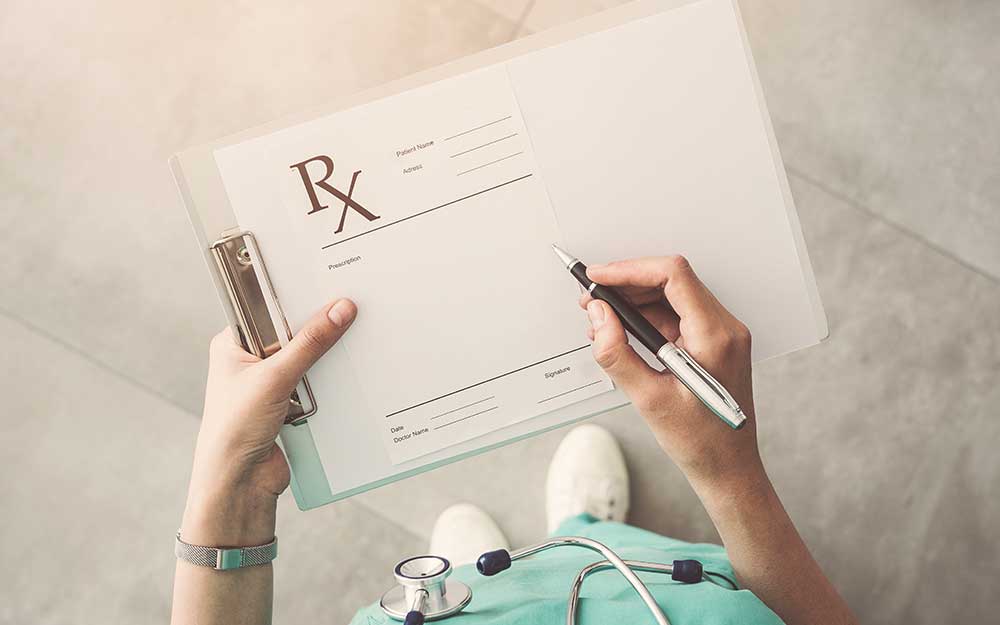Much like with other medical and mental health conditions, medication can be a useful tool when used alongside therapy in the path toward recovery. However, some tend to have a negative view of some of these medications. Sean LeNoue, MD, associate medical director, helps cut through the stigma around recovery medications and explains what they are and how they work.
What do recovery medications help treat?
Medication options are available for a variety of different types of addiction. Those in treatment or recovery for alcohol use disorder may benefit from treatment that includes Disulfiram, Acamprosate, or Naltrexone. A common medication for the treatment of opioid use disorder is Suboxone. This works by reducing cravings and preventing someone from going into withdrawal with buprenorphine, which is paired with naloxone (also known as Narcan), which blocks someone from euphoric effects after misusing an opioid. Suboxone is commonly misunderstood, and it can be a life-saving medication.
While each medication works differently or is geared toward a different type of addiction, Dr. LeNoue says that “they all help individuals achieve sobriety and maintain abstinence.”
Why medication can be an important component of addiction treatment
Rogers’ treatment approach is to give patients the tools and skills needed for long-term recovery. For some, this is best achieved with a combination of cognitive behavioral therapy and medication management.
“When we look at all the data we have on moderate to severe addiction, we know the best approach is a combination of intensive psychotherapy, community support, and recovery medications—when it’s deemed to be a safe and helpful choice. Not one of these components can do it all, we often need a combination of all three,” Dr. LeNoue explains.
Physical illness will commonly accompany or proceed addiction as well, and its treatment must also be considered and should happen concurrently.
“Untreated mental health and addiction puts people at high risk for medical issues,” he says. “Diabetes, Hepatitis, HIV, risk of seizures, cardiac issues… nothing is off the table. As addiction gets better, anxiety can sometimes go through the roof or trauma symptoms could become destabilized. All of these issues are interconnected, and the best form of treatment is a multifaceted approach.”
In general, recovery medications are surrounded by stigma and misunderstanding. One of the most common things said about recovery medications is that they’re like trading one addiction for another or just replacing one drug with another one. Dr. LeNoue understands the thought process behind those statements but says the reality is very different.
“We’re using medications that have been highly studied and have gone through rigorous testing,” he says. “They’re heavily regulated and monitored, and we know their long-term effects. The people who struggle with these issues are too often forgotten by society, and they literally fight for their lives each and every day. I’ve seen these medications really help people and give them the fighting chance they need for recovery.”
Rogers can help
Rogers provides treatment for addiction and co-occurring mental health conditions at many locations across the United States, including inpatient and residential care in Wisconsin. You can request a free, confidential screening online or by calling 800-767-4411.


